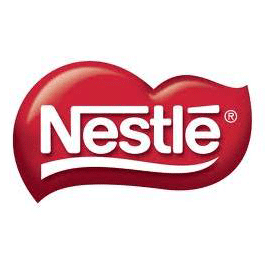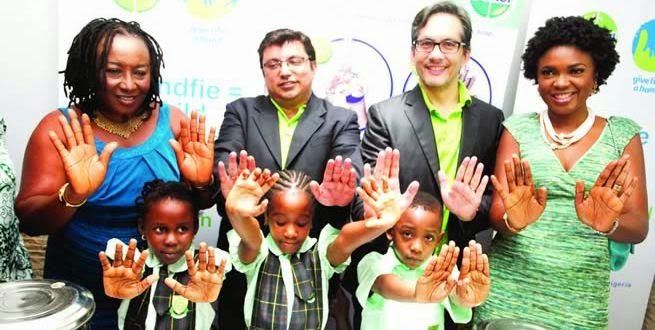
2.4b will lack improved sanitation in 2015 By: Chioma Umeha O ne-third of the world’s population (2.4 billion) will remain without access to improved sanitation in 2015, according to a joint WHO/UNICEF report issued Wednesday. The report, entitled: Progress on Sanitation and Drinking-Water 2013 Update, warned that, at the current rate of progress, the 2015 Millennium Development Goal (MDG) target of halving the proportion of the 1990 population without sanitation will be missed by eight per cent or half a billion people. While United Nations Children’s Fund (UNICEF) and WHO announced last year that the MDG drinking water target had been met and surpassed by 2010, the challenge to improve sanitation and reach those in need has led to a consolidated call for action to accelerate progress. “There is an urgent need to ensure all the necessary pieces are in place – political commitment, funding, leadership – so the world can accelerate progress and reach the Millenniu





